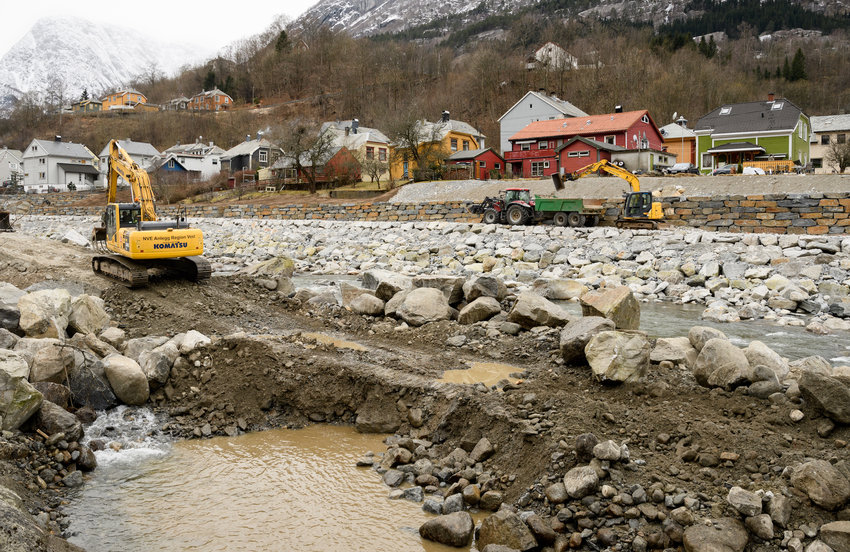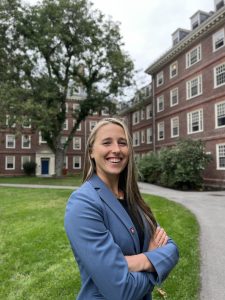
Visiting researcher Jordan (Meimei) Weston aims to delve deeper into how Norway, renowned for its climate change mitigation efforts, particularly in offshore wind, can act as a model for Canada.
Harvard-student Weston was awarded an Alex Booth Research Fellow grant, and used the opportunity to travel to Norway to learn more about sustainable energy solutions.
My journey here began through a connection made by my professor at Harvard. Øyvind Paasche and I then met at a conference at Harvard, one year ago. This eventually led to a six-month visiting position here in NORCE’s Forecasting Engine Group and Climate Futures-centre.
Weston’s studies at Harvard centered on the role of natural gas in the energy transition within Canada. In NORCE, she will explore further how Norway, as a leader in climate change mitigation, specifically in offshore wind, can serve as a blueprint for Canada in order to speed up the energy transition from more harmful fossil fuels to new sustainable solutions.
As Canada and Norway both struggle in balancing strong petroleum industries and ambitious climate goals, I aim to capture how Norway, regardless of its opposing national interest of extracting and exporting fossil fuels, has risen on the global stage as a climate leader. Offshore wind is a major part of this balancing act, so I’m focusing on Norway’s development of this cutting edge industry.
Are you working with many people in NORCE? How have you found the work culture in Norway, and life in Bergen?
Øyvind Paasche is my supervisor, and Iselin Medhaug is my research team leader. I’ve also had the chance to learn from and speak with NORCE’s Ida Marie Solbrekke, who has done ground breaking research on offshore wind in Norway, Finn Gunnar Nielsen, who helped model the first ever floating wind turbine, Kristin Halvorsen, the former leader of Norway’s Socialist Left Party, and other experts in the field. More generally, I love the work life balance here at NORCE – work schedules are flexible around peoples’ family demands and lives outside of work, which keeps productivity and motivation high during work hours.
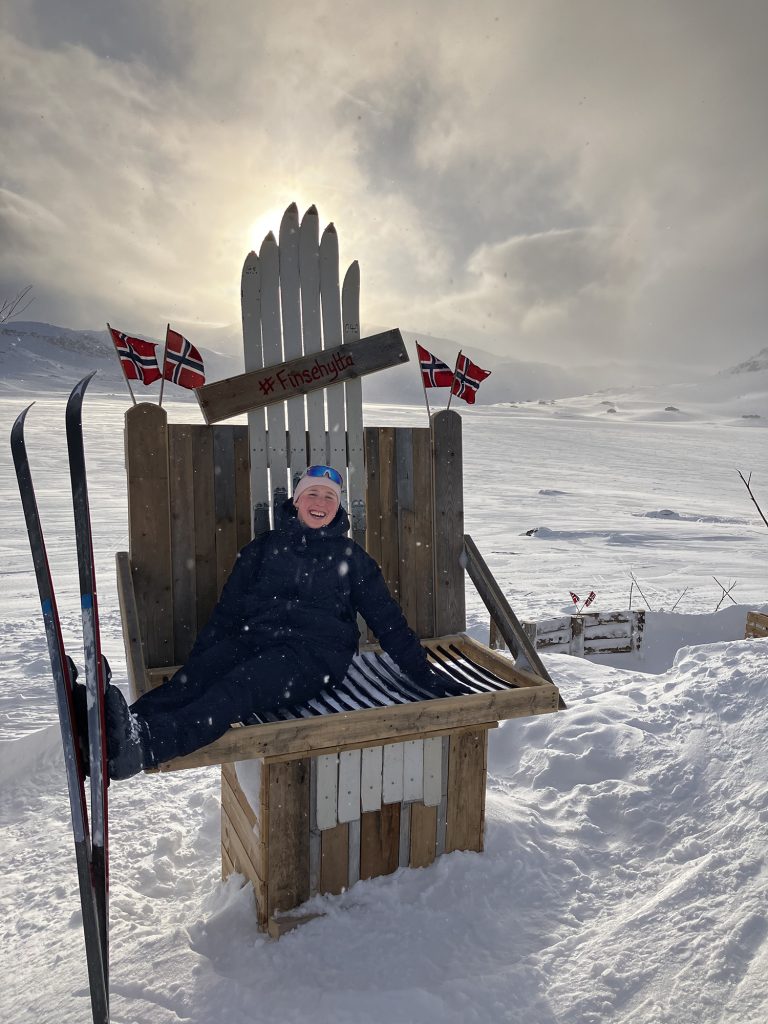

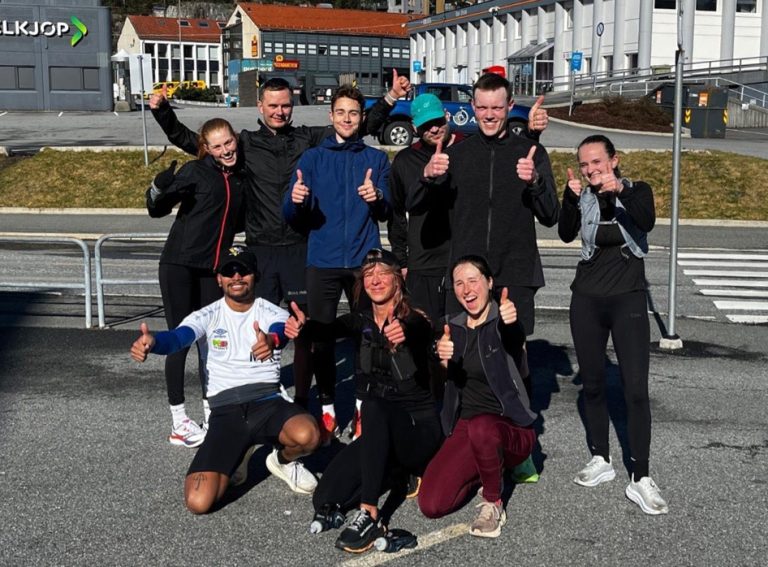
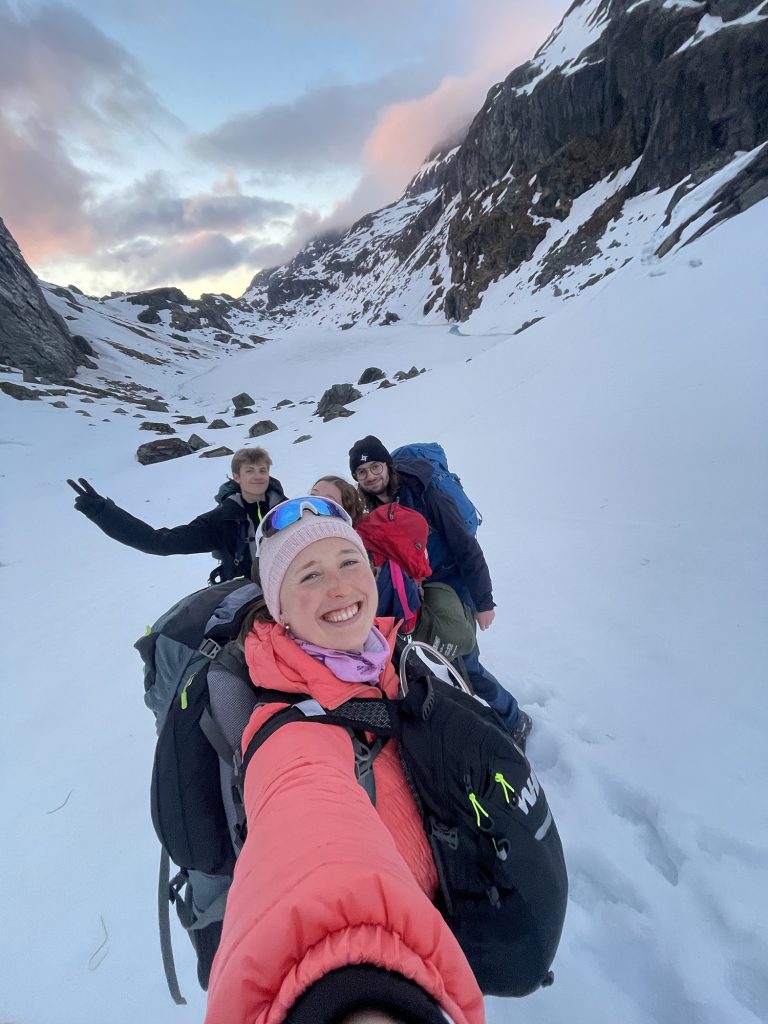
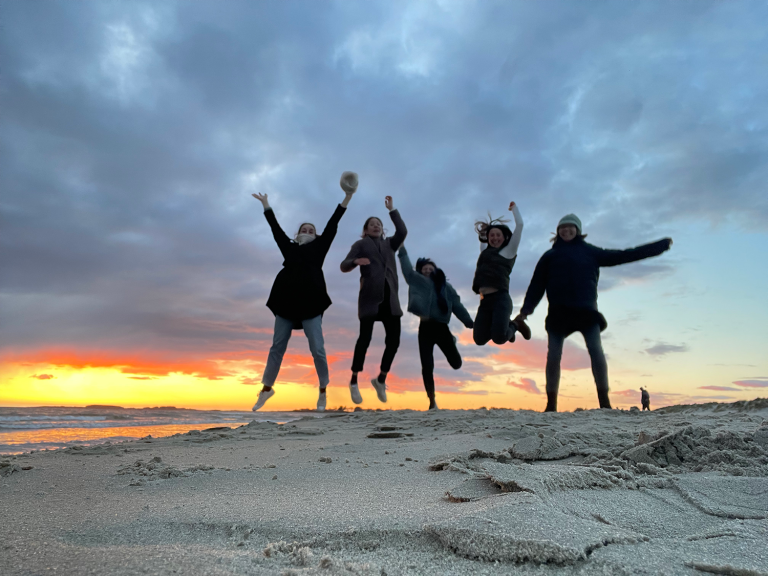
Originally from Vancouver in Canada, which also can be a bit rainy, Weston is adapting well to life in Bergen.
Although it rains often here in Bergen, the sunny days lately have been magical. The culture here offers so much: rich history, incredibly high levels of engagement in physical activity, and friendly people – outweighing any downsides that come with frequent rain. I really love it here! It’s been a great experience so far, and I honestly think I would move back later in life, she says.
Weston will also use the opportunity to explore more of Norway this spring.
I plan to run the Arctic Triple race in Lofoten, which will be a highlight. I will also explore more of the country. My parents are joining me for the bikeride from Finse to Flåm. We will visit Rjukan and also Ålesund, where my family has roots. In Ålesund we will visit the place my ancestors lived and hopefully meet some of these decendants.
And if people want to have a chat about energy transition systems, they can contact you?
Definitely! I love coffee chats, whether it’s in person or online. It would be an honour to share some of my research, learn about other peoples’ work, and I can answer questions to the best of my abilities!

